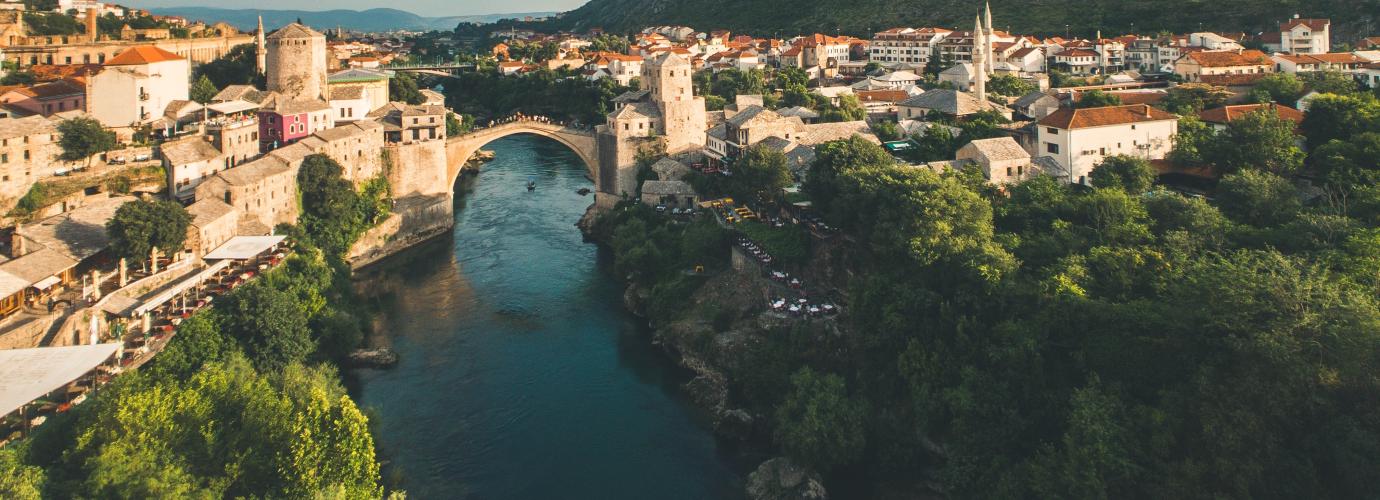2024
Based on the common core of curricula, defined in the outcomes of learning (ZPNPP) prepared by the Agency, the Ministry of Education of the Four Counties developed new subject curricula, whose implementation, was initiated in primary and secondary schools. In this way, the four counties in which classes are performed in the Croatian language, together with the municipalities of Usor and Žepče, joined colleagues from Zenica Doboj Canton and Sarajevo Canton in creating a prerequisite for improving student achievements.
2023
The International assessments TIMSS 2023 and ICILS 2023 have been administered in schools at the end of the school year. Hence, 3508 students, 221 classes and 121 schools participated in the TIMSS 2023 assessment taking the digital test in mathematics and science while 1 950 students from 106 schools participated in ICILS 2023 assessment.
The data collected in the TIMSS 2023 survey (Trends in International Mathematics and Science Study) will provide a better insight into the students’ approach to solving problems in mathematics and research tasks in science, as well as into the strategies used and the effort put into testing. This information will be included in the TIMSS 2023 international report to improve understanding of student achievement in mathematics and science.
ICILS 2023 (International Computer and Information Literacy Study) data will show students’ skills in collecting and producing digital information, that is, the level of their information literacy and their understanding of the safe and appropriate use of digital information. It will also present data on the activities and attitudes of students regarding the use of computers in school and extracurricular contexts in which their computer and information literacy is developed.
2022
Basic technical standards for information and communication technology tools in educational systems in Bosnia and Herzegovina, made through the Project entitled "Let's reinvent education!" "Creation of better quality education for children during and after the COVID-19 crisis". Defining the basic technical standards for information and communication technology tools in educational systems in Bosnia and Herzegovina contributes to establishing minimum norms and standards for computer equipment and supporting infrastructure in educational institutions in Bosnia and Herzegovina.
The Government of the Republika Srpska adopted the Strategy for the Development of Pre-school, Primary and Secondary Education for the period 2022-2030.

